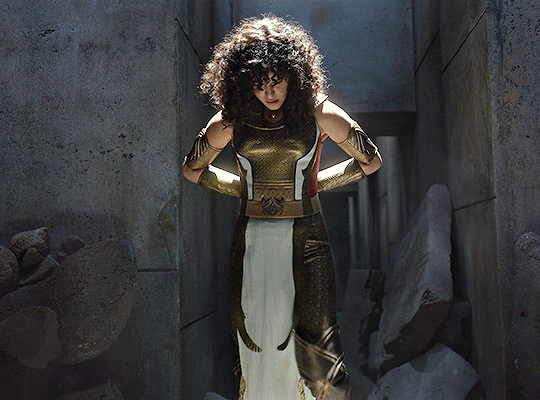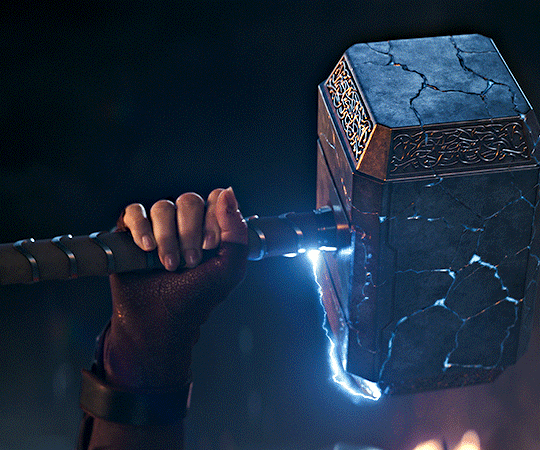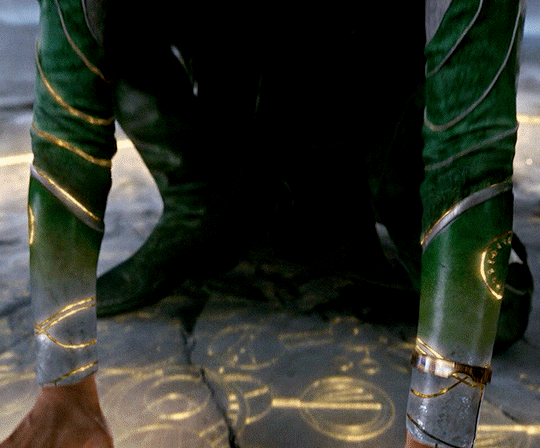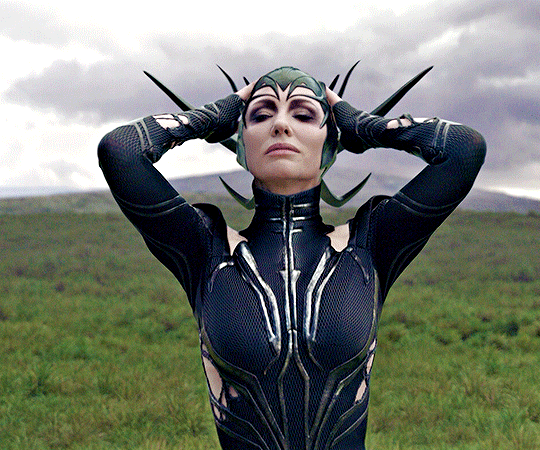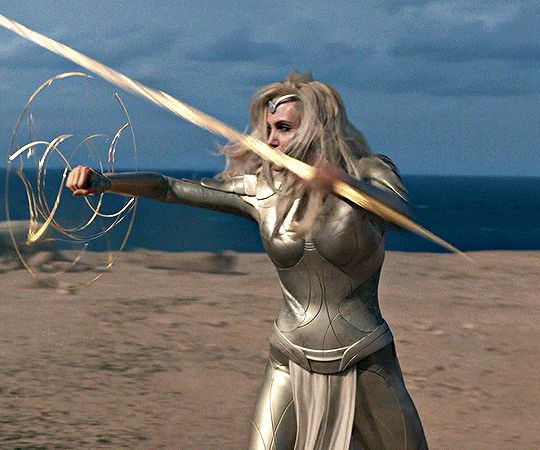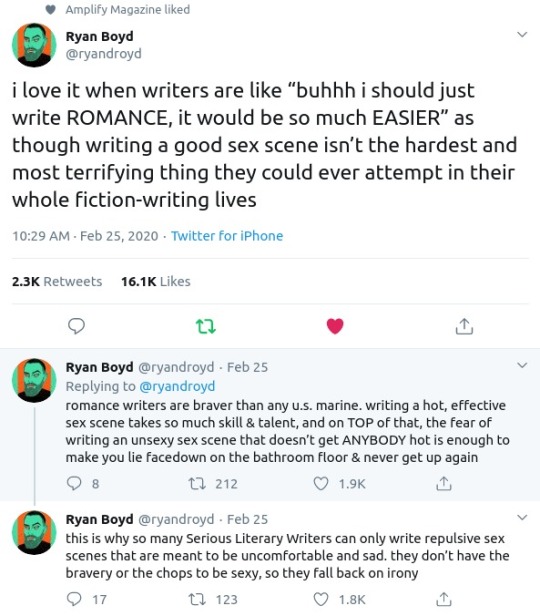Text
Understanding Seam Allowance in Sewing: A Comprehensive Guide for Beginners and Experts
In this post you learn how to add seam allowance to sewing patterns.
Do you want to learn how to sew garments that look professional and fit well? If so, you need to master the concept of seam allowance. Seam allowance is one of the most important aspects of sewing, yet it is often overlooked or misunderstood by many sewists.
In this guide, we’ll explain everything you need to know about seam…

View On WordPress
107 notes
·
View notes
Text
Awhile ago @ouidamforeman made this post:
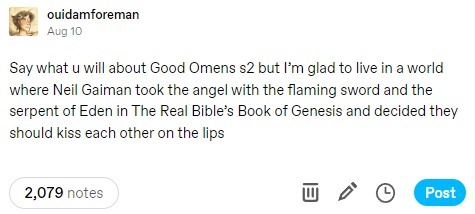
This shot through my brain like a chain of firecrackers, so, without derailing the original post, I have some THOUGHTS to add about why this concept is not only hilarious (because it is), but also...
It. It kind of fucks. Severely.
And in a delightfully Pratchett-y way, I'd dare to suggest.
I'll explain:
As inferred above, both Crowley AND Aziraphale have canonical Biblical counterparts. Not by name, no, but by function.
Crowley, of course, is the serpent of Eden.
(note on the serpent of Eden: In Genesis 3:1-15, at least, the serpent is not identified as anything other than a serpent, albeit one that can talk. Later, it will be variously interpreted as a traitorous agent of Hell, as a demon, as a guise of Satan himself, etc. In Good Omens --as a slinky ginger who walks funny)
Lesser known, at least so far as I can tell, is the flaming sword. It, too, appears in Genesis 3, in the very last line:
"So he drove out the man; and placed at the east of the garden of Eden Cherubims, and a flaming sword which turned every way, to keep the way of the tree of life."
--Genesis 3:24, KJV
Thanks to translation ambiguity, there is some debate concerning the nature of the flaming sword --is it a divine weapon given unto one of the Cherubim (if so, why only one)? Or is it an independent entity, which takes the form of a sword (as other angelic beings take the form of wheels and such)? For our purposes, I don't think the distinction matters. The guard at the gate of Eden, whether an angel wielding the sword or an angel who IS the sword, is Aziraphale.
(note on the flaming sword: in some traditions --Eastern Orthodox, for example-- it is held that upon Christ's death and resurrection, the flaming sword gave up it's post and vanished from Eden for good. By these sensibilities, the removal of the sword signifies the redemption and salvation of man.
...Put a pin in that. We're coming back to it.)
So, we have our pair. The Serpent and the Sword, introduced at the beginning and the end (ha) of the very same chapter of Genesis.
But here's the important bit, the bit that's not immediately obvious, the bit that nonetheless encapsulates one of the central themes, if not THE central theme, of Good Omens:
The Sword was never intended to guard Eden while Adam and Eve were still in it.
Do you understand?
The Sword's function was never to protect them. It doesn't even appear until after they've already fallen. No... it was to usher Adam and Eve from the garden, and then keep them out. It was a threat. It was a punishment.
The flaming sword was given to be used against them.
So. Again. We have our pair. The Serpent and the Sword: the inception and the consequence of original sin, personified. They are the one-two punch that launches mankind from paradise, after Hell lures it to destruction and Heaven condemns it for being destroyed. Which is to say that despite being, supposedly, hereditary enemies on two different sides of a celestial cold war, they are actually unified by one purpose, one pivotal role to play in the Divine Plan: completely fucking humanity over.
That's how it's supposed to go. It is written.
...But, in Good Omens, they're not just the Serpent and the Sword.
They're Crowley and Aziraphale.
(author begins to go insane from emotion under the cut)
In Good Omens, humanity is handed it's salvation (pin!) scarcely half an hour after losing it. Instead of looming over God's empty garden, the sword protects a very sad, very scared and very pregnant girl. And no, not because a blameless martyr suffered and died for the privilege, either.
It was just that she'd had such a bad day. And there were vicious animals out there. And Aziraphale worried she would be cold.
...I need to impress upon you how much this is NOT just a matter of being careless with company property. With this one act of kindness, Aziraphale is undermining the whole entire POINT of the expulsion from Eden. God Herself confronts him about it, and he lies. To God.
And the Serpent--
(Crowley, that is, who wonders what's so bad about knowing the difference between good and evil anyway; who thinks that maybe he did a GOOD thing when he tempted Eve with the apple; who objects that God is over-reacting to a first offense; who knows what it is to fall but not what it is to be comforted after the fact...)
--just goes ahead and falls in love with him about it.
As for Crowley --I barely need to explain him, right? People have been making the 'didn't the serpent actually do us a solid?' argument for centuries. But if I'm going to quote one of them, it may as well be the one Neil Gaiman wrote ficlet about:
"If the account given in Genesis is really true, ought we not, after all, to thank this serpent? He was the first schoolmaster, the first advocate of learning, the first enemy of ignorance, the first to whisper in human ears the sacred word liberty, the creator of ambition, the author of modesty, of inquiry, of doubt, of investigation, of progress and of civilization."
--Robert G. Ingersoll
The first to ask questions.
Even beyond flattering literary interpretation, we know that Crowley is, so often, discreetly running damage control on the machinations of Heaven and Hell. When he can get away with it. Occasionally, when he can't (1827).
And Aziraphale loves him for it, too. Loves him back.
And so this romance plays out over millennia, where they fall in love with each other but also the world, because of each other and because of the world. But it begins in Eden. Where, instead of acting as the first Earthly example of Divine/Diabolical collusion and callousness--
(other examples --the flood; the bet with Satan; the back channels; the exchange of Holy Water and Hellfire; and on and on...)
--they refuse. Without even necessarily knowing they're doing it, they just refuse. Refuse to trivialize human life, and refuse to hate each other.
To write a story about the Serpent and the Sword falling in love is to write a story about transgression.
Not just in the sense that they are a demon and an angel, and it's ~forbidden. That's part of it, yeah, but the greater part of it is that they are THIS demon and angel, in particular. From The Real Bible's Book of Genesis, in the chapter where man falls.
It's the sort of thing you write and laugh. And then you look at it. And you think. And then you frown, and you sit up a little straighter. And you think.
And then you keep writing.
And what emerges hits you like a goddamn truck.
(...A lot of Pratchett reads that way. I believe Gaiman when he says Pratchett would have been happy with the romance, by the way. I really really do).
It's a story about transgression, about love as transgression. They break the rules by loving each other, by loving creation, and by rejecting the hatred and hypocrisy that would have triangulated them as a unified blow against humanity, before humanity had even really got started. And yeah, hell, it's a queer romance too, just to really drive the point home (oh, that!!! THAT!!!)
...I could spend a long time wildly gesturing at this and never be satisfied. Instead of watching me do that (I'll spare you), please look at this gif:
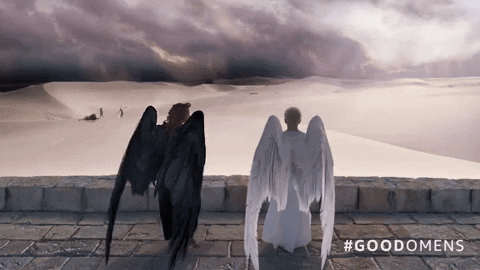
I love this shot so much.
Look at Eve and Crowley moving, at the same time in the same direction, towards their respective wielders of the flaming sword. Adam reaches out and takes her hand; Aziraphale reaches out and covers him with a wing.
You know what a shot like that establishes? Likeness. Commonality. Kinship.
"Our side" was never just Crowley and Aziraphale. Crowley says as much at the end of season 1 ("--all of us against all of them."). From the beginning, "our side" was Crowley, Aziraphale, and every single human being. Lately that's around 8 billion, but once upon a time it was just two other people. Another couple. The primeval mother and father.
But Adam and Eve die, eventually. Humanity grows without them. It's Crowley and Aziraphale who remain, and who protect it. Who...oversee it's upbringing.
Godfathers. Sort of.
#I will scream forever#too good not to share#good omens#ineffable husbands#aziracrow#good omens 2#crowley#aziraphale#good omens meta#gnu terry pratchett
27K notes
·
View notes
Text

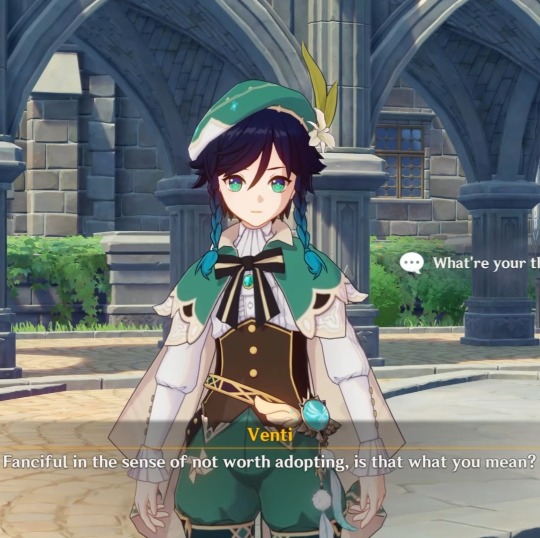

Irritated Venti is sarcastic, he's never outright aggressive, just sarcastic and passive aggressive. This guy does not get in fights lol.
(From Kaeya's new hangout event)
#barbatos#genshin barbatos#genshin impact#venti#genshin venti#tell me i'm wrong#barbatos god of wind freedom and sass
584 notes
·
View notes
Text
I’m always a fan of actors embodying their characters, but there’s something so special about watching the Critical Role cast and their deep love and connection to the characters they created.
It’s Liam saying he has synthetic memories of falling in love with Will. It’s Taliesin knowing the library and gardens in Whitestone by heart because he walks them in his mind so often. It’s Laura getting a nose bleed when Laudna dies. It’s Marisha crying as Beau offers the hag her happiness. It’s the cast not sleeping well for days after an intense episode because they can’t stop replying it in their heads. It’s Dani and Taliesin tearing up together as they talk about Ashton’s chronic pain mirroring their own. Its Liam working through the death of his mother through Vax. It’s the intimate and unmistakable ways that this game of pretend affects their lives and the deep love they have for each other and the game.
It’s falling in love with your friends over and over again in every universe. Role playing really is a language of love and I feel so lucky to witness it.
7K notes
·
View notes
Text

58K notes
·
View notes
Text
The final moments of the Ring of Brass reminds me of a quote from Doctor Who:
"Good is good in the final hour.
The deepest pit.
Without hope
Without witness
Without reward"
There was no hope that their efforts would stop the calamity, that they would be saved. There was no witness to see that they fought tooth and nail for the world. To give others a better fighting chance. There would be no reward for it, no recognition. No guarantee that they would walk again on the world they fought for.
They did it anyway. They did it because it was right. Because it was decent. And because of love for their families, for the world and for each other.
They may have been a group of arrogant egocentric megalomaniac flawed beings, but they were also good, at the very end.
743 notes
·
View notes
Text
i think the wine-dark sea and rosy-fingered dawn should kiss
31K notes
·
View notes
Photo



On May 20, 1873, San Francisco businessman Levi Strauss and Reno, Nevada, tailor Jacob Davis are given a patent to create work pants reinforced with metal rivets, marking the birth of one of the world’s most famous garments: blue jeans.
Originally called “XX” as they were considered extra, extra strong, they have continued to be manufactured ever since, taking the world by storm. Originally they were called waist overalls or britches and sold as working wear to miners, cowboys and general workers in central California.
In 1890, they began to be termed “501’s”, after their “lot”number. The term “jeans” comes from the old name for a similar woven fabric from Genoa called “Gene fustian” in the 16th century. The material was used to make working trousers for sailors. It seems that the name “jeans” was so strongly associated with pants and trousers that it evolved from a fabric name into the name of a garment.
The term “denim” went through a similar process. The town of Nîmes in France gave its name to “serge de Nimes” that originally was a form of woolen cloth. In the 19th century however, the term was associated with a cotton twilled fabric that was made in large numbers into trousers for navy of the Republic of Genoa.
By the 1920s, Levi’s denim waist overalls were the top-selling men’s work pant in the United States. As decades passed, the craze only grew, and now blue jeans are worn and beloved by people old, young and everything in between around the world.
(Pictures of the oldest pair in the Levi’s archives date from 1879; courtesy of Kate Sommers-Dawes/Mashable)
477 notes
·
View notes
Text
Let enjoyment be it’s own purpose!
Really wish we could go back to a time when movies were worth something as long as they were fun to watch
Like I mentioned the 2016 Ghostbusters reboot (the all-female one) to someone bc i had a lot of fun watching that movie!! And they were like “that movie wasn’t that good it was just a comedy… It didn’t win anything did it?” like bitch …. The first Ghostbusters movie wasn’t fucking good either but I’m still sitting here watching some dudes chase a ghost through a library to some weird synth music so maybe movies don’t have to win awards to be worth watching
120K notes
·
View notes
Text
It’s INSANE to me how controversial romance novels are. Romance novels. Like, being openly a fan of them immediately opens you up to people constantly coming at you like “but don’t you think it’s ~limiting- and ~juvenile~ to have a genre of books with happy endings for women?”
Like.
No?
Why is it such a big deal to want to read stories where women have sex and then don’t die at the end? Jesus Christ.
Why is the concept of female characters being happy seen as less creative than female characters suffering? (Trust me, creating a world where women win in the end takes a lot more creativity and artistic vision lmfao)
Anyway, literary bros will pry my romance novels with their happy endings from my cold dead fingers.
108K notes
·
View notes
Text
in case people didn’t know this
the Met Gala funds the Met Costume Institute. meaning, basically, the Met’s clothing collection
from what I’ve read, it is the main source of funding for the Institute, which houses over 31,000 garments and accessories from the 17th century onwards
as for why the Costume Institute needs a separate fundraiser from the rest of this vast world-class museum with many high-profile donors…I have often wondered that myself. in the same breath as wondering why the Met has so few and sparse costume exhibits in any given year, and why some pieces on their collections website are outright misdated
but that’s the situation, so. that’s what the Met Gala is for. it’s not just rich people parading around in couture for fun. it keeps a huge museum collection of historical clothing preserved, so people can learn from and be inspired by those garments for years to come
(via ticket sales to the aforementioned rich people parading around in couture. and, in the case of guests who attend for free, the designers who make said couture and pay for tables for their celebrity models as publicity)
13K notes
·
View notes
Text
There's a tumblr post floating around somewhere that says "We think that if we get better at writing, it will someday stop sounding like we wrote it" or something along those lines.
Does anyone happen to have a link handy? I want to reference it in an advice post.
53K notes
·
View notes
Photo
Reasons I love rogues.
Look at that and tell me that wasn’t attractive.
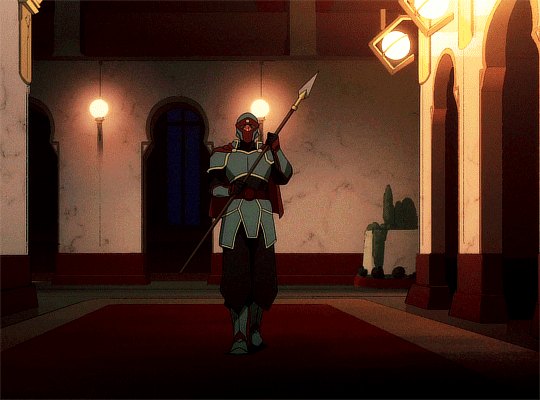
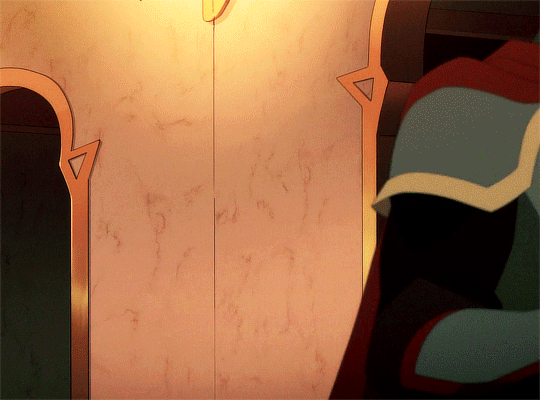
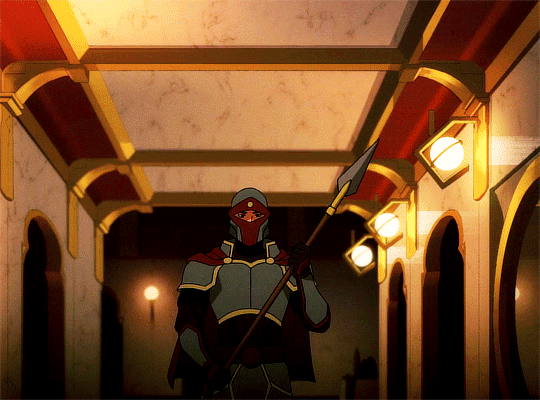



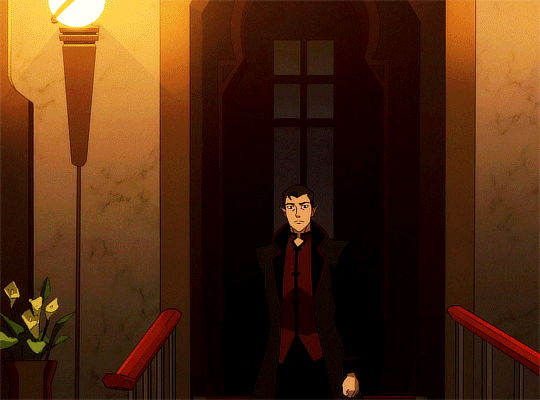
🎵don’t be suspicious don’t be suspicious🎵
@ki10fuzz
923 notes
·
View notes
